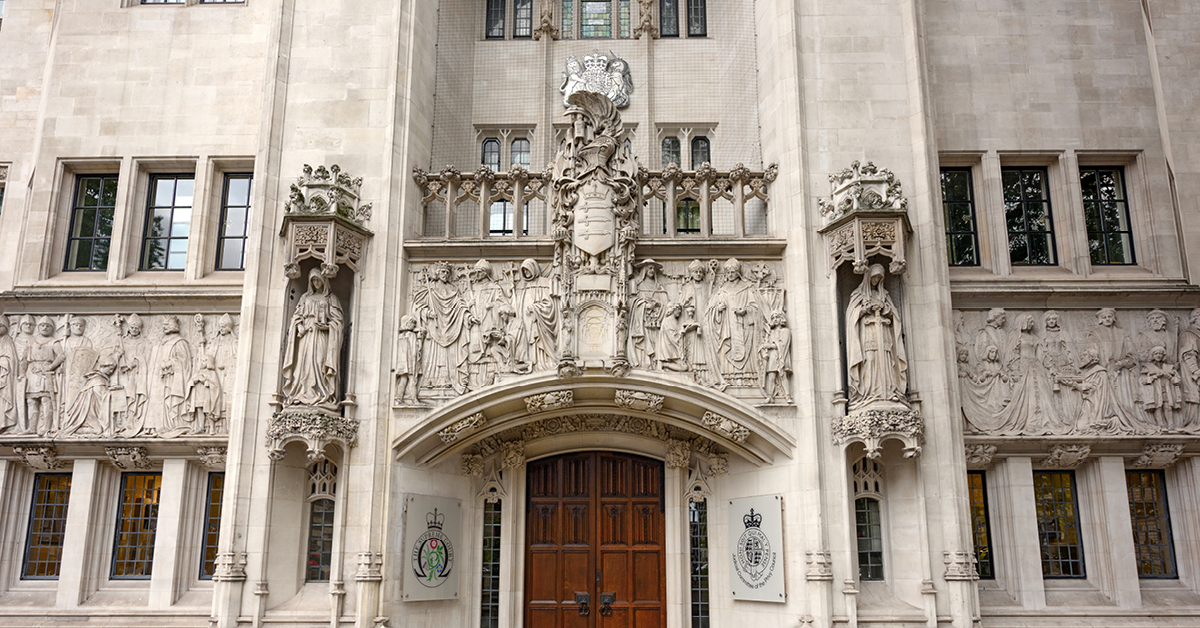Reports are emerging of a growing body of US citizens who, unhappy with the turbulence caused by the newly installed US administration, are relocating and seeking UK citizenship in order to find safety and stability. This comes despite recent changes to the ‘non-dom’ rules in the UK, which mean significant changes in tax rules – US citizens are far less affected by the changes, and the fast and increasingly unstable global situation has created a sense of urgency for those families who are considering a relocation to the UK.
Two recent articles written by experts from our Divorce and Family team explore these connected themes.
Americans moving to Britain could be in for a surprise if they divorce
Writing for The Times, Partner Sam Longworth (lead partner in the Supreme Court case of Standish) considered the exodus from the US to the UK and what high net worth individuals from the US need to know about family law differences between the two jurisdictions.
How will a phased abolition of the non-dom regime affect divorcing couples?
In an in-depth article for FT Adviser, Partner Toby Atkinson and Senior Associate Ellie Hampson-Jones review the abolition of the non-dom regime and what it could mean for separating couples.

What do US citizens need to know about the UK family law system?
Against today’s turbulent political backdrop, thousands of US citizens are relocating to the UK, with a notable spike as President Trump’s second term in office began. Whilst key drivers will be education, financial opportunities and political stability, many are discovering that the move brings unexpected legal and financial consequences – particularly when it comes to family matters. If a couple from the US separates in England after relocating, they will almost certainly engage the English legal system, rather than the laws of the state they previously lived or married in.
In his opinion article for The Times, Sam Longworth outlines:
- differences between the English and US legal systems
- how US prenups might be treated by the English courts
- why England has long been a popular jurisdiction for those choosing to divorce a financially stronger spouse
- the relative privacy of the English courts, compared with the US
- alternative dispute resolution options with still-greater privacy.
How will a phased abolition of the non-dom regime affect divorcing couples?
Critics labelled the non-domicile status available in the UK as dated and suggested that harmonisation of tax on the basis of worldwide income and gains addresses perceived unfairness in the tax system. Following on from changes proposed by the Conservatives, Labour Chancellor Rachel Reeves confirmed the introduction of a new-residence based regime from 6 April 2025.
That announcement had an immediate impact on high-net-worth individuals and families residing in the UK but with an external tax domicile.
In the full article in FT Adviser, Toby Atkinson and Ellie Hampson-Jones explain:
- how the previous system worked
- how the changes will impact divorce law in the UK
- the question of jurisdiction
- what makes you eligible to divorce in England and Wales
- what happens if each person files for divorce in a different country
- what this means for pre-nups.
Toby and Ellie summarise that it is crucial, in particular for wealthy families, to seek specialist and strategic advice both in the UK and any potential new country of residence in order to understand the prospective family law implications.
Find out more
Stewarts represents a large number of US citizens who require family law advice in England.
You can find further information regarding our expertise, experience and team on our Divorce and family law for US citizens page.









